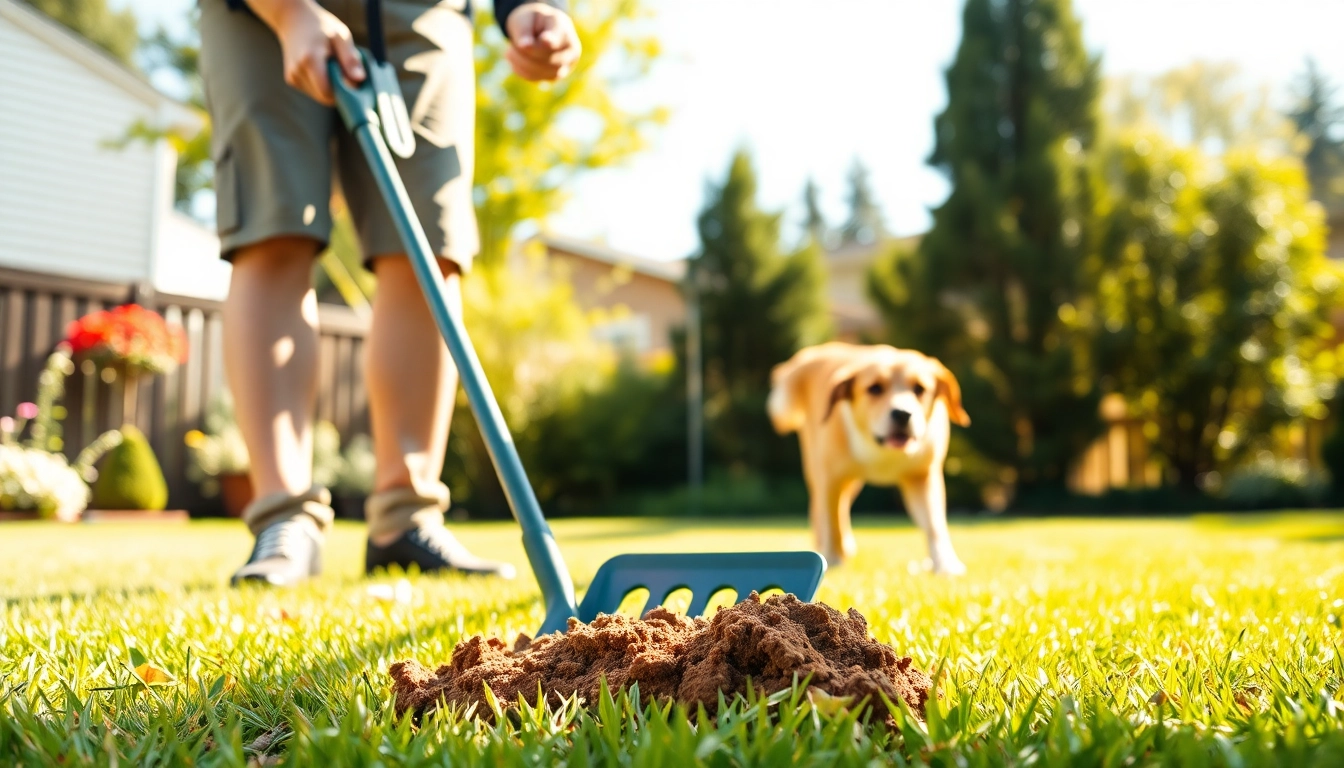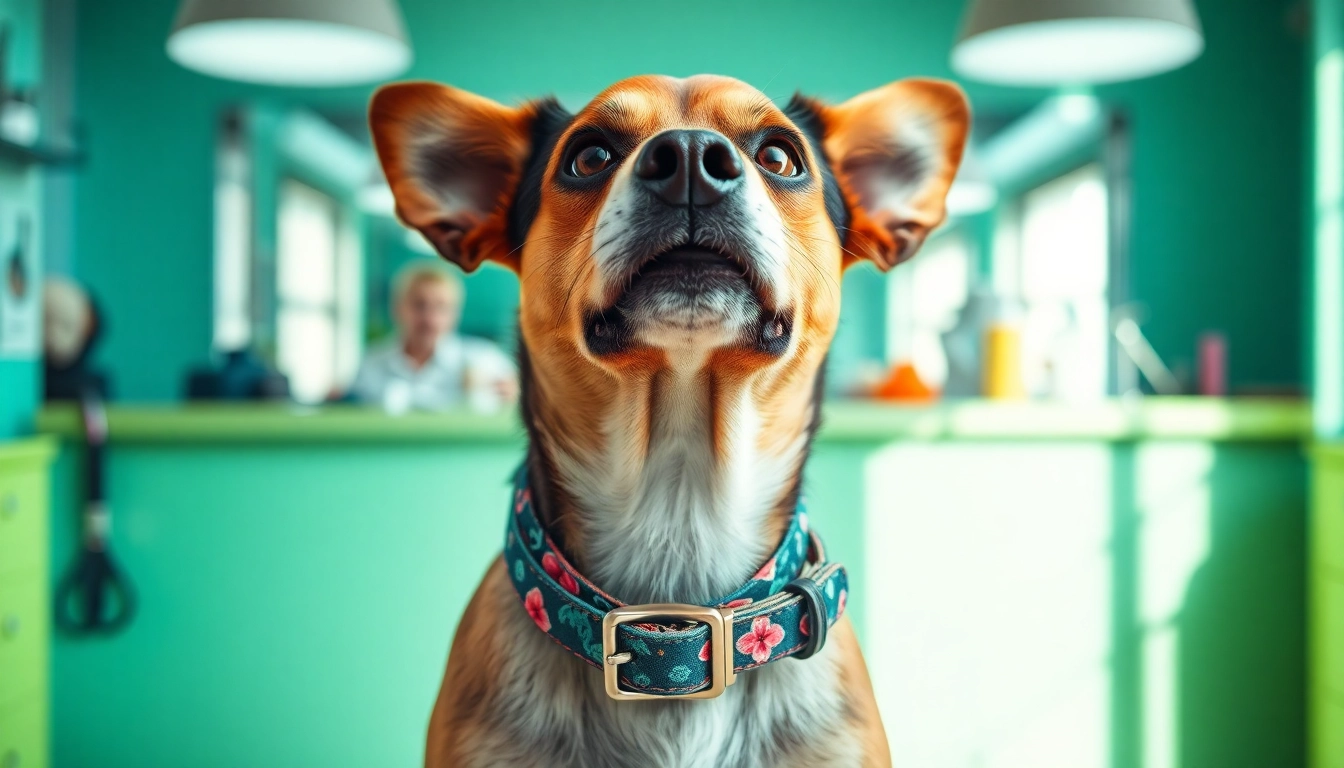Introduction to the Importance of Cleaning Up Dog Poop
As proud dog owners, we know that our furry companions bring joy and happiness to our lives. However, responsible pet ownership comes with the duty of clean up dog poop. Neglecting this vital aspect can lead to significant health risks and environmental concerns. This comprehensive guide aims to outline why cleaning up after your dog is essential, the best practices for doing so, innovative solutions that can aid in this endeavor, and tips for different situations you may encounter.
Health Risks Associated with Dog Waste
Dog waste may seem innocuous at first glance, but it poses serious health risks if not managed properly. Dog feces can harbor various pathogens, including bacteria, parasites, and viruses that can affect both pets and humans. Some of the most common health risks include:
- Parasites: Canine fecal matter can contain worms, including roundworms and hookworms, which can be transmitted to humans, especially children.
- Bacterial Infections: Pathogens such as E. coli and Salmonella can be found in dog poop. These bacteria can lead to gastrointestinal illnesses in humans.
- Water Pollution: When it rains, dog waste can wash into storm drains and flow into local waterways, contaminating drinking water sources and harming aquatic life.
Impact on the Environment
The environmental impact of leaving dog feces on the ground cannot be overstated. Not only does it contribute to unpleasant odors and unsightly messes in public spaces, but it also can create ecological imbalances. Here are a few ways dog waste affects the environment:
- Nutrient Overload: Dog waste contains high levels of nitrogen and phosphorus, which can lead to algae blooms in water bodies, reducing oxygen levels and harming aquatic ecosystems.
- Soil Contamination: Pet waste can introduce harmful bacteria into the soil, potentially affecting local flora and fauna.
- Odor and Pests: Accumulated dog poop can attract pests such as flies and rodents, leading to broader pest infestations.
Common Misconceptions About Dog Poop
A few common misconceptions often lead to lax attitudes regarding dog waste disposal:
- “It decomposes quickly”: While dog feces does decompose, it can take several months to fully break down, depending on environmental conditions. During this time, harmful pathogens remain active.
- “It’s okay to leave it in the yard”: Many believe that their own yards are their business; however, this can lead to environmental contamination and create health risks for family members and local wildlife.
- “It can be used as fertilizer”: Unlike horse or cow manure, dog waste should not be used as fertilizer due to the potential for harmful pathogens.
Best Practices for Cleaning Up Dog Poop
Cleaning up dog poop can be a hassle, but with the right approach, it can be made significantly easier. Here’s how:
Essential Tools and Equipment
Investing in the right tools can make the cleanup process more efficient and less unpleasant. Here are some essential items:
- Disposable Poop Bags: Biodegradable bags are an eco-friendly option. Always carry extra bags during walks.
- Pooper Scooper: These devices allow you to pick up waste without bending over. Look for ergonomic designs that simplify the process.
- Long-handled Shovels: Ideal for larger yards, these tools can help scoop up waste without direct contact.
- Disinfectant Wipes: Keep these handy for cleaning your hands or tools after cleanup.
Steps to Safely Clean Up Dog Waste
Following a straightforward process can ease the burden of cleaning up dog poop:
- Always carry waste bags during walks. Before your dog does their business, have a bag ready.
- As your dog finishes, slip your hand into the bag, grab the poop while it is still inside the bag, and turn the bag inside out to encapsulate the waste.
- Seal the bag and dispose of it in an appropriate trash receptacle. Avoid flushing dog waste down the toilet unless specifically designed to do so.
- Wash your hands or use hand sanitizers immediately after cleaning up.
How to Dispose of Dog Poop Responsibly
The disposal of dog poop requires care to prevent environmental and health hazards:
- In the Trash: Wrap it securely in a plastic bag before placing it in your household trash.
- Composting: Only consider composting if you use a designated dog waste composter to kill pathogens effectively. Normal compost bins should not be used.
- Flushing: Dog poop can be flushed down the toilet if local laws permit it, but make sure to check local regulations before doing so.
Innovative Solutions for Dog Waste Management
Several innovative solutions are becoming increasingly popular for dog waste management, helping pet owners transition away from traditional methods.
Dog Poop Removal Services
If you find cleaning up after your dog to be too daunting, several professional services can help. Companies like DoodyCalls offer tailored dog poop removal services that can fit your schedule and clean your yard thoroughly. These teams are trained to safely handle dog waste while adhering to health and sanitation protocols.
Composting Dog Waste: Is It Feasible?
Composting dog poop can seem appealing but requires specific conditions. When done correctly, it may create a nutrient-rich soil amendment, but it needs to be set up carefully to avoid pathogen risks. Here’s what you should know about composting dog waste:
- Use a dedicated composting system that is designed to deal specifically with pet waste.
- Maintain high temperatures within the compost to kill off pathogens.
- Never use dog waste compost on edible plants, as it can still carry germs.
Using Waste Digesters in Your Yard
Waste digesters are a relatively new and environmentally friendly way to deal with dog waste. These systems function similarly to mini septic tanks, breaking down waste into harmless byproducts using natural processes. Considerations include:
- Choosing the right size for your dog’s waste output.
- Installation requirements; some may require digging a hole and connecting to your home’s sewer line.
- Regular maintenance to ensure the system is functioning properly.
Tips for Dealing with Dog Poop in Various Situations
Successfully managing dog waste can vary greatly based on different environments. Here are some tips for common scenarios.
Cleaning Up Dog Poop in Public Spaces
Cleaning up dog poop in parks or busy public areas is important for both health and community respect:
- Always carry extra poop bags.
- Stay aware of your surroundings and clean up as soon as your dog goes.
- Be considerate of other park users by keeping your dog leashed where required.
Managing Waste During Winter Months
Winter presents unique challenges when cleaning up dog waste:
- Consider using a metal scoop, which can work better on icy surfaces.
- Try placing markers where your dog regularly goes so you can find the waste under snow.
- Wear waterproof gloves and boots to keep dry during especially muddy conditions.
How to Clean Up After a Dog Indoors
If your dog has an accident inside, act promptly to clean the area:
- Use gloves to pick up solid waste, then wrap it securely in a bag.
- Clean the area with a solution of mild detergent and water, ensuring to remove odors and stains.
- For carpets, use carpet cleaners designed specifically for pet messes.
Summary and Call to Action
Recap of Key Takeaways
Caring for a dog goes beyond regular feeding and exercise; it includes taking responsibility for their waste. Understanding the health, environmental impacts, and best practices for cleaning and disposing of dog poop is imperative for pet owners.
Further Resources and Tools
Numerous resources are available to help with effective dog waste management, from professional services to composting guides. Keep yourself informed and equipped to handle these responsibilities effectively.
Encouragement to Maintain a Clean Environment
In conclusion, by being diligent and proactive in cleaning up after our dogs, we can preserve our environments, protect our health, and set a positive example for other pet owners. Together, we can ensure a cleaner and healthier community for everyone.



